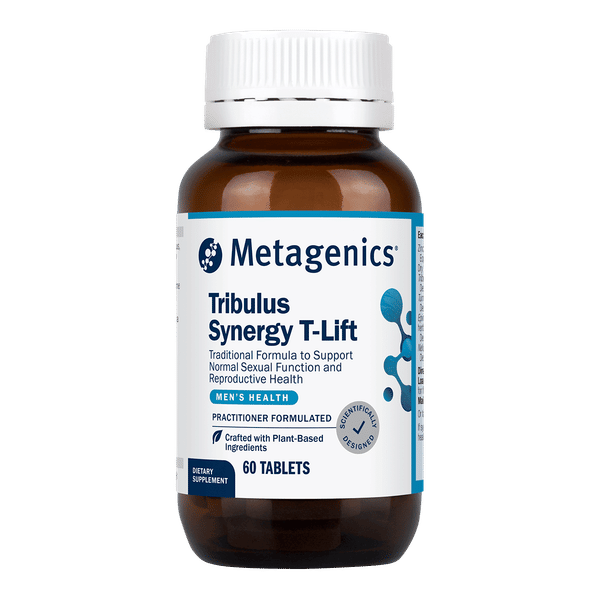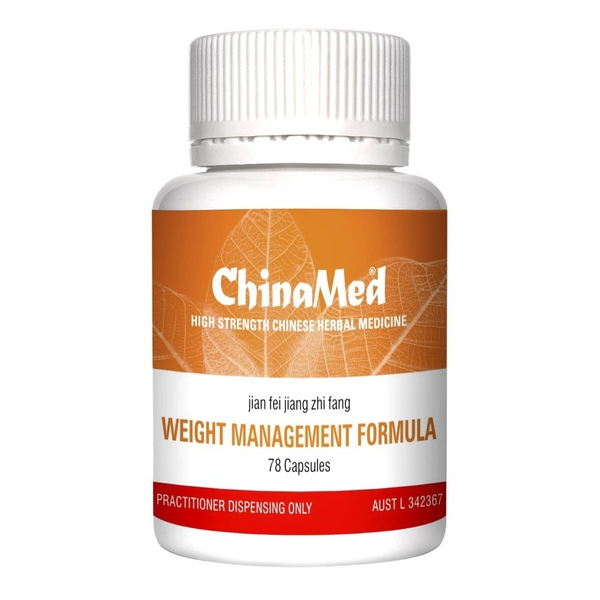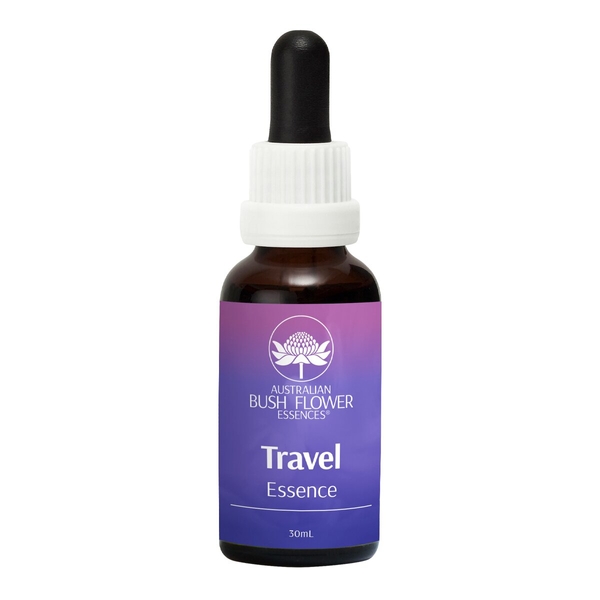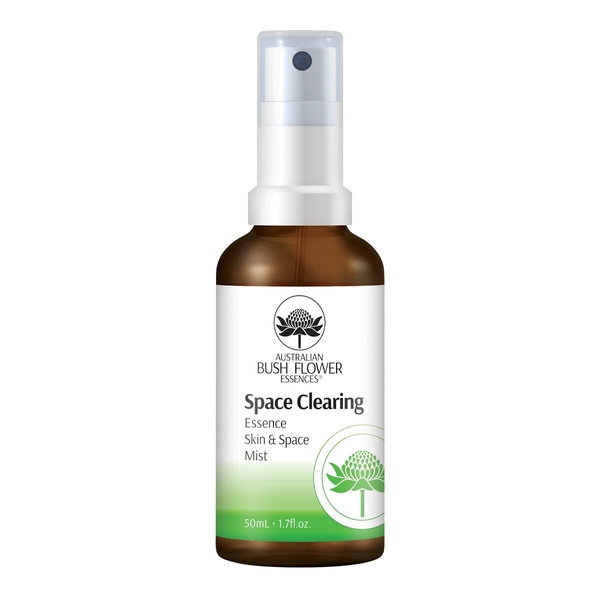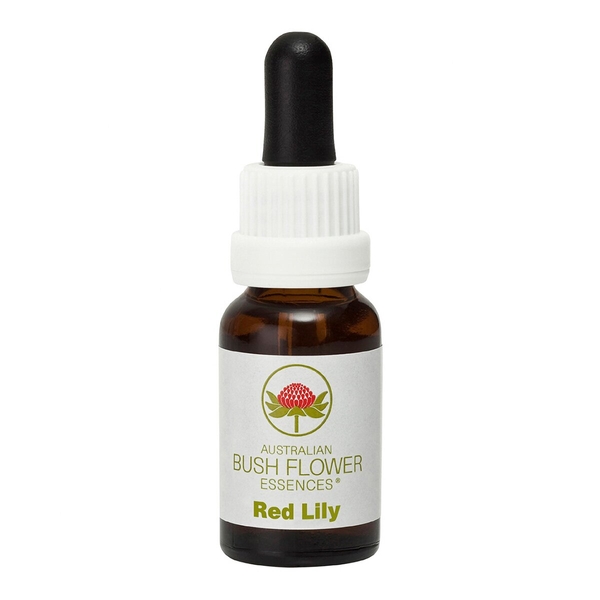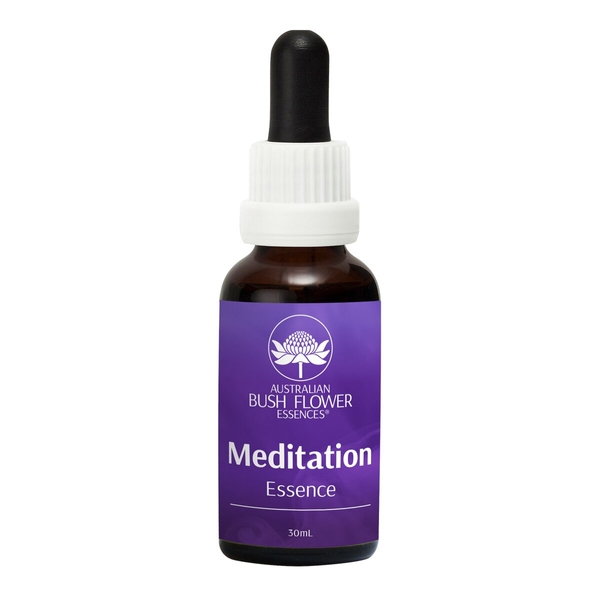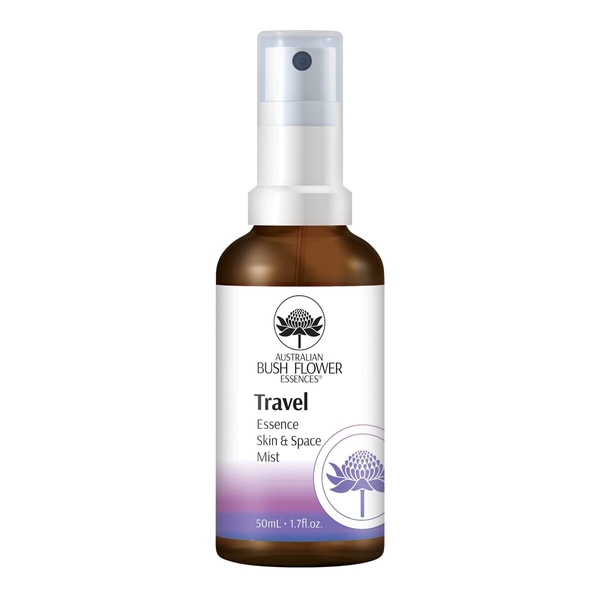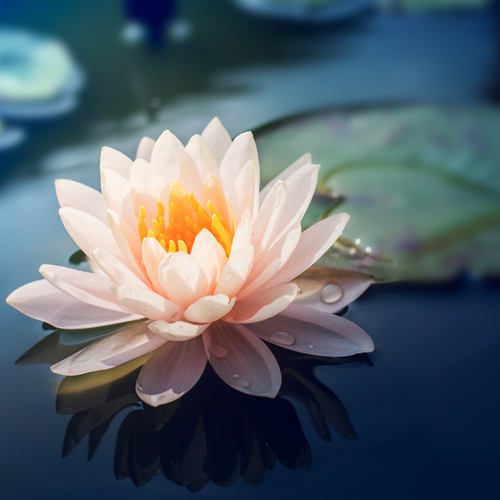
Lotus
Scientific names: Nelumbo nucifera, Nelumbium nelumbo, Nelumbium speciosa, Nelumbium speciosum, Nelumbo caspica, Nelumbo komarovii, Nelumbo nelumbo, Nelumbo speciosum, Nymphaea nelumbo
Family: Nelumbonaceae
Alternate names: Bean of India, Blue Lotus, Chinese Water Lily, East Indian Lotus, He Ye, Indian Lotus, Kamal, Lian Fang, Lian Xu, Lian Zi, Lian Zi Xin, Lotier, Loto, Lotus Bleu, Lotus d'Égypte, Lotus des Indes, Lotus d'Orient, Lotus Sacré, Oriental Lotus, Padma, Padmoj, Sacred Lotus, Semen Nelumbinis
Actions: Antiarrhythmic, Antibacterial, Anticancer, Antidiabetic, Antidiarrheal, Anti-inflammatory, Antiobesity, Antioxidant, Antiplatelet, Antipyretic, Antistress, Antiviral, Calcium antagonism, Cardioprotective, Cell proliferation, Dental, Genitourinary, Hepatoprotective, Hypotensive, Immunomodulatory, Lipid, Metabolic, Psychological, Reverse transcriptase inhibitory activity
Background
Lotus (Nelumbo nucifera) is an aquatic plant that grows in parts of Asia. The flower, seed, leaf, and underground stem are used as medicine.
Lotus contains chemicals that seem to breakdown fat tissue. These effects might help with weight loss. It also contains flavonoids, such as quercetin, which have anti-inflammatory effects.
People use lotus for anxiety, bleeding, cough, diarrhea, insomnia, obesity, and many other conditions, but there is no good scientific evidence to support these uses.
Lotus contains chemicals that seem to breakdown fat tissue. These effects might help with weight loss. It also contains flavonoids, such as quercetin, which have anti-inflammatory effects.
People use lotus for anxiety, bleeding, cough, diarrhea, insomnia, obesity, and many other conditions, but there is no good scientific evidence to support these uses.
Safety Safety definitions
When taken by mouth: Lotus flower, seed, leaf, and underground stem are commonly consumed in foods. As medicine, there isn’t enough reliable information to know if lotus is safe. Side effects seem to be rare, but lotus might cause allergic reactions such as skin itching in some people.
Surgery: Lotus might interfere with blood sugar control during and after surgery. Stop using lotus at least 2 weeks before a scheduled surgery.
Special Precautions & Warnings:
Pregnancy and breast-feeding: There isn’t enough reliable information to know if lotus is safe to use when pregnant or breast-feeding. Stay on the safe side and avoid use.Surgery: Lotus might interfere with blood sugar control during and after surgery. Stop using lotus at least 2 weeks before a scheduled surgery.
Effectiveness
Effective Effectiveness definitions
There is interest in using lotus for a number of purposes, but there isn’t enough reliable information to say whether it might be helpful.
Dosing & administration
There isn’t enough reliable information to know what an appropriate dose of lotus might be. Keep in mind that natural products are not always necessarily safe and dosages can be important. Be sure to follow relevant directions on product labels and consult a healthcare professional before using.
Interactions with pharmaceuticals
Medications for diabetes (Antidiabetes drugs)
Interaction Rating=Moderate Be cautious with this combination.
Lotus might lower blood sugar levels. Taking lotus along with diabetes medications might cause blood sugar to drop too low. Monitor your blood sugar closely.
Medications that slow blood clotting (Anticoagulant / Antiplatelet drugs)
Interaction Rating=Moderate Be cautious with this combination.
Lotus might slow blood clotting. Taking lotus along with medications that also slow blood clotting might increase the risk of bruising and bleeding.
Pentobarbital (Nembutal)
Interaction Rating=Moderate Be cautious with this combination.
Pentobarbital causes sleepiness and drowsiness. Taking lotus along with pentobarbital might cause too much drowsiness. But there isn't enough information to know if this is a big concern.
Interactions with herbs & supplements
Herbs and supplements that might lower blood sugar: Lotus might lower blood sugar. Taking it with other supplements with similar effects might lower blood sugar too much. Examples of supplements with this effect include aloe, bitter melon, cassia cinnamon, chromium, and prickly pear cactus.
Herbs and supplements that slow blood clotting: Lotus might slow blood clotting and increase the risk of bleeding. Taking it with other supplements with similar effects might increase the risk of bleeding in some people. Examples of supplements with this effect include garlic, ginger, ginkgo, nattokinase, and Panax ginseng.
Herbs and supplements that slow blood clotting: Lotus might slow blood clotting and increase the risk of bleeding. Taking it with other supplements with similar effects might increase the risk of bleeding in some people. Examples of supplements with this effect include garlic, ginger, ginkgo, nattokinase, and Panax ginseng.
Interactions with foods
There are no known interactions with foods.
Products
View all productsPractitioner product
Per capsule:
- Nelumbo nucifera (He Ye) ext. 20.1 mg
- Astragalus membranaceus ext. 26.7 mg
- Crataegus pinnatifida ext. 26.7 mg
- Gynostemma pentaphyllum ext. 33.3 mg
- Citrus aurantium ext. 26.7 mg
- Codonopsis pilosula ext. 20.1 mg
- Atractylodes macrocephala ext. 20.1 mg
- Pinellia ternata ext. 20.1 mg
- Poria cocos ext. 20.1 mg
- Alisma plantago aquatica ext. 20.1 mg
- Morus alba ext. 20.1 mg
- Senna tora ext. 20.1 mg
- Citrus reticulata ext. 12.9 mg
- Ziziphus jujuba ext. 12.9 mg
Practitioner product
Per serve:
- Nelumbo nucifera (Red lily)
- Banksia robur (Swamp banksia)
- Callistemon linearis (Bottlebrush)
- Epacris longiflora (Bush fuchsia)
- Patersonia longifolia (Bush iris)
- Crowea saligna
- Thysanotus tuberosus (Fringed violet)
- Eucalyptus macrocarpa
- Ptilotus atripicifolius (Mulla mulla)
- Carica papaya (Paw paw)
- Casuarina glauca (She oak)
- Eucalyptus caesia (Silver princess)
- Drosera spatulata (Sundew)
- Ptilotus exaltatus (Tall mulla mulla)
$19.95
Create account
Per serve:
- Nelumbo nucifera (Red lily)
- Lobelia gibbosa (Angelsword)
- Adansonia gregorii (Boab)
- Thysanotus tuberosus (Fringed violet)
- Parmelia s. lat. (Lichen)
$22.95
Create account
Per serve:
- Nelumbo nucifera (Red lily)
- Lobelia gibbosa (Angelsword)
- Boronia ledifolia
- Epacris longiflora (Bush fuchsia)
- Patersonia longifolia (Bush iris)
- Thysanotus tuberosus (Fringed violet)
- Caladenia dilatata (Green spider orchid)
$19.95
Create account
Per serve:
- Nelumbo nucifera (Red lily)
- Banksia robur (Swamp banksia)
- Callistemon linearis (Bottlebrush)
- Epacris longiflora (Bush fuchsia)
- Patersonia longifolia (Bush iris)
- Crowea saligna
- Thysanotus tuberosus (Fringed violet)
- Eucalyptus macrocarpa
- Ptilotus atripicifolius (Mulla mulla)
- Carica papaya (Paw paw)
- Casuarina glauca (She oak)
- Eucalyptus caesia (Silver princess)
- Drosera spatulata (Sundew)
- Ptilotus exaltatus (Tall mulla mulla)
$22.95
Create account
vital.ly has licensed monographs from TRC Healthcare.
This monograph was last reviewed on 18/11/2024 11:00:00 and last updated on 04/12/2014 19:12:45. Monographs are reviewed and/or updated multiple times per month and at least once per year.
Natural Medicines disclaims any responsibility related to medical consequences of using any medical product. Effort is made to ensure that the information contained in this monograph is accurate at the time it was published. Consumers and medical professionals who consult this monograph are cautioned that any medical or product related decision is the sole responsibility of the consumer and/or the health care professional. A legal License Agreement sets limitations on downloading, storing, or printing content from this Database. No reproduction of this monograph or any content from this Database is permitted without written permission from the publisher. It is unlawful to download, store, or distribute content from this site.

